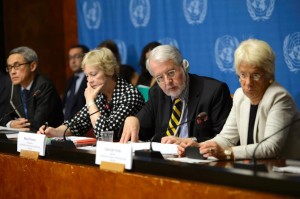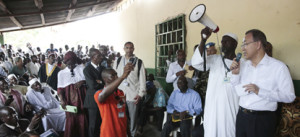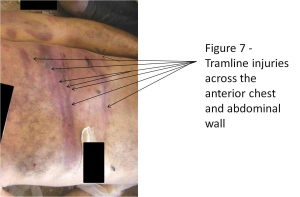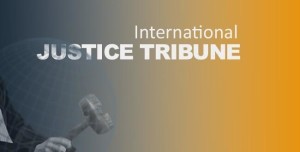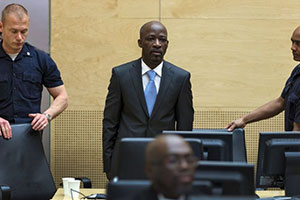Date: 15-19 June 2015
Location: Irish Centre for Human Rights, National University of Ireland, University Rd, Galway, Ireland.
The annual International Criminal Court Summer School at the Irish Centre for Human Rights is the premiere summer school specializing on the International Criminal Court (ICC). The Summer School comprises a series of intensive and interactive lectures over five days given by leading academics and legal professionals working at the ICC. Participants are provided with a detailed working knowledge of the establishment of the Court, its structures, operations, and applicable law. Specific topics covered include international crimes (genocide, war crimes, crimes against humanity & aggression), jurisdiction, modes of liability, the role of victims and prosecutorial discretion.
This year’s Summer School will include a special session on Palestine and the International Criminal Court, which will involve the participation of the Palestinian Ambassador to Ireland, Ambassador Ahmad Abdelrazek.
The summer school is attended by legal professionals, academics, postgraduate students, journalists and staff of civil society or intergovernmental organisations. A limited number of scholarships are available. To register and for more information regarding the 2015 ICC Summer School, please visit the conference website or send an email. Registrations will close on 30 May 2015.


